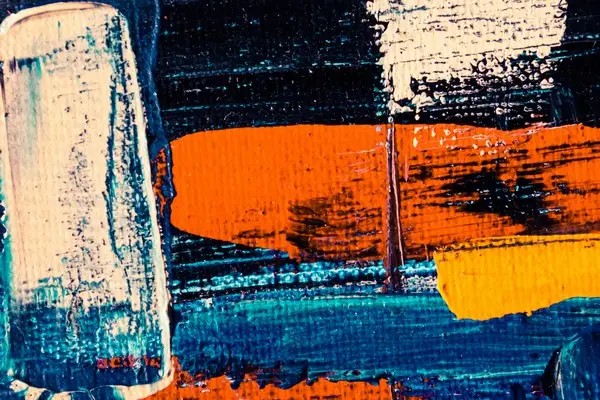Table of Contents
- Early Life and Academic Formation
- Theoretical Contributions: Culture as Superorganic
- Ethnographic Fieldwork and Documentation
- Culture Area Approach and Diffusionism
- Historical Particularism and Sociological Sensibilities
- Language, Myth, and Symbolism
- Legacy and Influence
- Critical Reflections
- Conclusion
Alfred Louis Kroeber stands as a towering figure in the development of American anthropology and the sociological study of culture. As one of Franz Boas’s most distinguished students, Kroeber was instrumental in shaping the discipline of cultural anthropology in the early twentieth century. His work transcended disciplinary boundaries, integrating anthropological insight with sociological interpretation. Kroeber’s emphasis on culture as a superorganic entity, his contributions to ethnographic fieldwork, and his lifelong commitment to documenting indigenous cultures have left an indelible mark on both sociology and anthropology.
This article explores the life, work, and sociological significance of Alfred Kroeber, aiming to introduce undergraduate students to the foundational ideas and enduring influence of this intellectual pioneer. The discussion spans his biography, theoretical innovations, methodological contributions, and the ethical questions his legacy raises today.
Early Life and Academic Formation
Alfred Kroeber was born in 1876 in Hoboken, New Jersey, to a family of German immigrants. His cultural background influenced his later sensitivity to cultural differences and his commitment to relativistic perspectives in anthropology. He completed his undergraduate education at Columbia University, where he initially studied literature and linguistics. This early engagement with language would later inform his deep interest in symbolic systems and communication.
His intellectual transformation was catalyzed by his encounter with Franz Boas, whose commitment to cultural relativism, meticulous ethnographic methodology, and scientific rigor profoundly shaped Kroeber’s academic orientation. Boas’s rejection of unilinear evolutionary models of culture inspired Kroeber to approach societies on their own terms.
- Educational Milestones: Kroeber earned the first PhD in anthropology ever granted by Columbia University in 1901.
- Mentorship: As a protégé of Boas, Kroeber absorbed the principle of cultural particularism, which emphasized the importance of studying cultures in their own contexts, free from ethnocentric bias.
- Intellectual Environment: Kroeber came of age intellectually during a period of profound change in the social sciences, as scholars increasingly rejected positivist assumptions in favor of interpretive and contextual approaches.
Theoretical Contributions: Culture as Superorganic
One of Kroeber’s most influential theoretical contributions is the concept of the “superorganic.” In his 1917 essay The Superorganic, Kroeber argued that culture exists at a level beyond the individual and is not reducible to biological or psychological phenomena. This idea became foundational in the emergence of cultural sociology.
Key Ideas of the Superorganic:
- Autonomy of Culture: Culture has a logic and structure of its own that cannot be entirely explained by the sum of individual behaviors.
- Collective Consciousness: Drawing inspiration from Émile Durkheim, Kroeber conceptualized culture as a collective entity that shapes, and is shaped by, social institutions.
- Determinative Role: Culture exerts a determining influence on individual thought and action, creating a web of meaning that individuals navigate.
Kroeber’s conceptualization of the superorganic made a significant impact on how sociologists came to understand the intersubjective nature of meaning systems, norms, and institutions. The superorganic is not just a metaphor but a theoretical tool for analyzing how culture can evolve and persist independently of individual agency.
Ethnographic Fieldwork and Documentation
Kroeber is perhaps best known for his extensive ethnographic fieldwork among Native American groups, particularly in California. His empirical approach was informed by Boasian methodology but also reflected his own interpretive flair. He viewed ethnography not just as a scientific endeavor but also as a moral imperative in the face of cultural erasure.
Major Fieldwork Endeavors:
- California Indians: Kroeber documented the languages, customs, kinship systems, and social structures of dozens of indigenous groups, producing a massive corpus of ethnographic data still used today.
- Ishi: One of his most famous research subjects was Ishi, the last known member of the Yahi people. Kroeber’s relationship with Ishi became emblematic of early twentieth-century anthropological encounters with “vanishing” cultures, and it continues to provoke debate regarding ethics, representation, and cultural salvage.
- Museum Work: As director of the University of California Museum of Anthropology, Kroeber helped institutionalize anthropological practice and curated one of the largest collections of indigenous artifacts in the United States.
Kroeber’s commitment to cultural preservation was not merely academic; he saw the urgency in recording indigenous lifeways that were rapidly disappearing under the pressures of colonization, forced assimilation, and modernization. His work helped shape both the archival practices and ethical standards of modern ethnography.
Culture Area Approach and Diffusionism
Get the full article AD FREE. Join now for full access to all premium articles.
View Plans & Subscribe Already a member? Log in.





